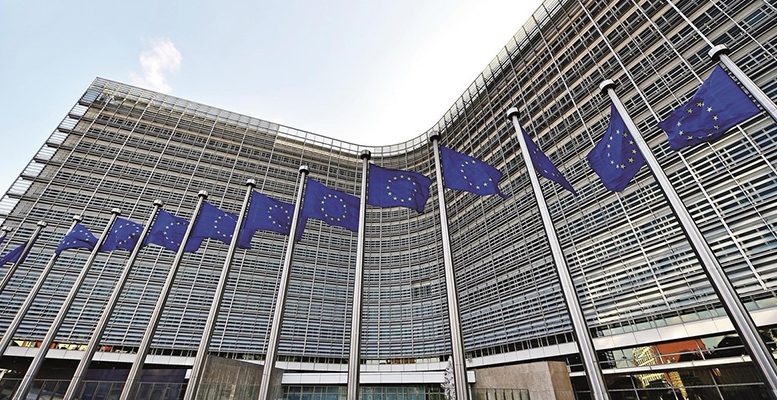By Israel Rafalovich (Brussels) | As Jean-Claude Juncker announced his intention not to seek a second term as European Commission president Germany is entering the race for the job and possibly giving up the backing for Mr. Jens Weidmann, German Bundesbank chief, to succeed Mr. Mario Draghi as president of the European Central Bank (ECB).
The German attempt to secure the EU Commission presidency represents a shift in German Policy. Germany would now pursue as top priority the EU Commission job rather than the ECB presidency.
The German government is believes that it would be more promising to back a candidate for the EU Commission rather than secure the ECB presidency for Mr. Weidmann. Germany has not held an EU top job since Walter Hallstein was the president of the Commission of the European Economic Community, the forerunner of today’s European Commission, from 1958 until 1967.
So far there are no declared candidates to replace Mr. Juncker. But, among the names that are mentioned in Berlin as possible candidates are Mr. Manfred Weber, the leader of the center-right in the European Parliament and Defence Minister Ursula von der Leyen.
The race to succeed Mr. Jean-Claude Juncker begins in a typical EU style. It is starting with a row over how the race should be run. It is the process of choosing a group leader, or Spitzenkandidat, which forces parties to find an agreement on whom to nominate months in advance.
The European Council then makes the final choice, “taking account” of the Parliament’s nominations, in the vaguely worded provision of the EU treaties. The whole Parliament Assembly gets a vote at the end. At stake is not just a power struggle between national leaders and the European Parliament over who chooses Mr. Juncker’s successor,
but questions about democracy that could give fresh ammunition to eurosceptics who oppose the EU.
Another fear is that if eurosceptics groups win the European elections in May 2019 they could pick an anti-Brussels candidate and European Union leaders will be obliged to back them. On the other hand, members of the European Parliament insist that the system countered growing eurosceptics by showing the EU at its most democratic, as it directly involves the Parliament, the union’s only directly-elected institution.
It may not become clear until mid-2019 who will be in the race as elections to the European Parliament in May 2019 will likely influence the field for the Commission job.





